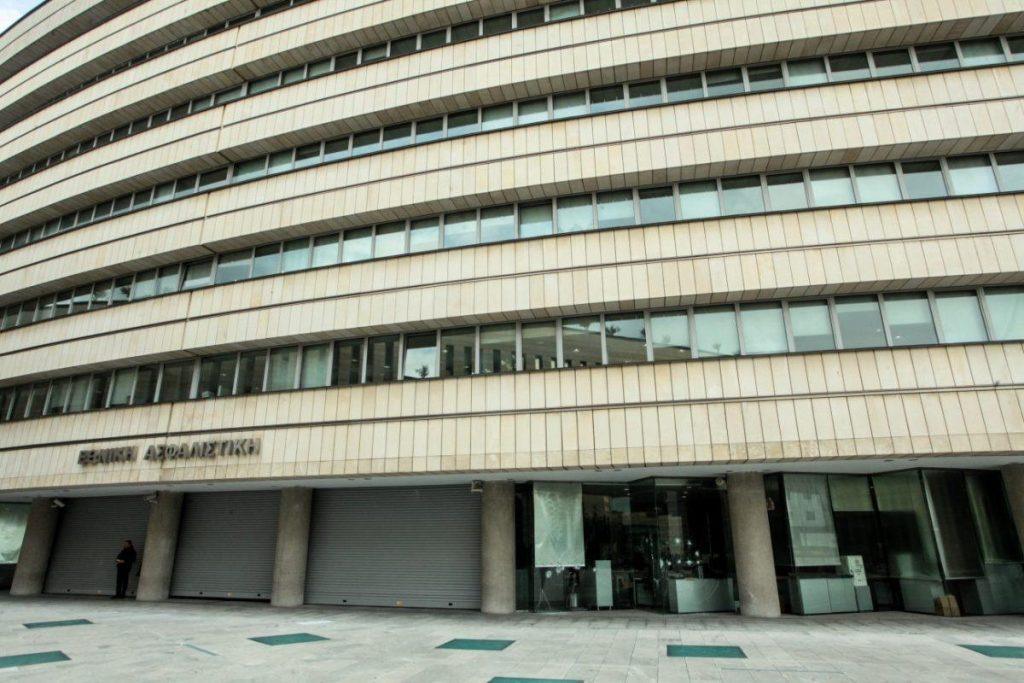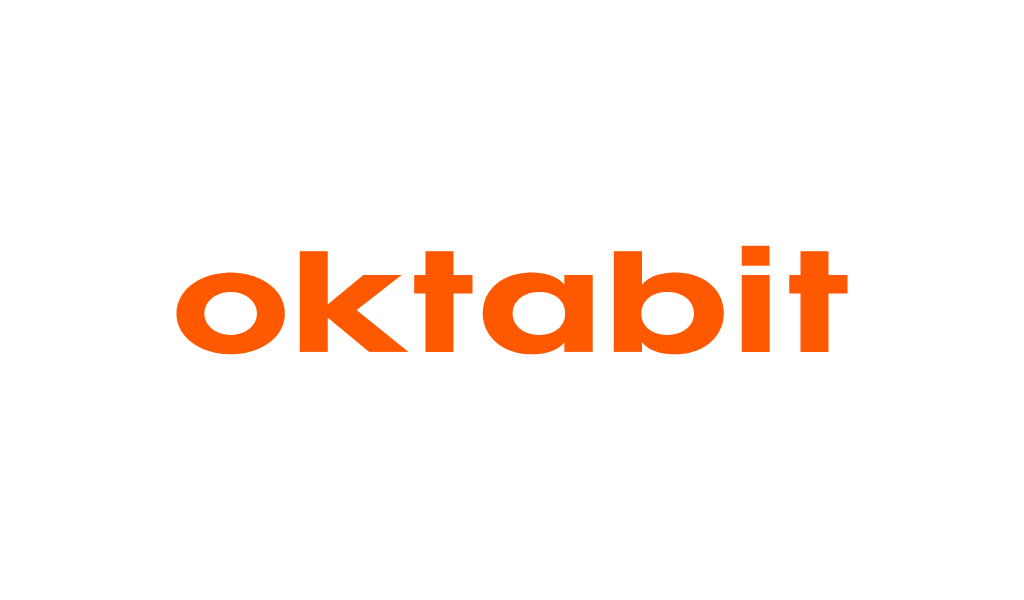Inflation is on the rise again in Greece and the Eurozone, and amid the ongoing turbulent geopolitical situation, the prospect of a new sharp uptick in costs is looming on the horizon.
With two wars raging in Ukraine and Gaza and the disruption in the supply chain caused by the Iran-backed Houthi militants in the Red Sea, market analysts raise a pertinent question; how long will it take before the rising costs de-escalate, and what policies should be pursued to assuage the high prices?
Recent Eurostat data show that the overall rising trend in costs has not reached a plateau, despite some more optimistic predictions that saw a slight decline. It seems more likely that inflation rates will remain above the ECB limit (2%), not only for 2024 but also for 2025, something that will continue to test the resilience of consumers, especially if new geopolitical challenges arise that might exacerbate the already precarious situation.
For Greece, the conservative New Democracy government has predicted that the increase in the Consumer Price Index (CPI) will reach 2.6% for this year, while there are more ominous forecasts that place this figure closer to 3%. If the latter, negative scenario bears out, consumers, already under immense pressure, will face an even heavier burden.
At the same time, if developments disprove central banks’ predictions, then high interest rates may persist for an even longer period with huge implications for borrowers.
High food costs also remain a significant issue for Greece, as the country holds the 2nd worst place in the Eurozone in terms of GDP per capita, while at the same time, the conservative government does not seem willing at this point to adopt additional measures to support household incomes or curtail prices.
The “Market Pass” – a measure implemented to cover part of the increased costs in products for lower-income households, especially food items – was abolished. In addition, both the “Household Basket” – a novel idea for the sale of about 51 staples in supermarkets – from flour to fish – at a fixed price, and the introduction of a 5% discount on certain products for six months – have failed to produce any notable results and alleviate the pressure on consumers.
According to data from Eurostat, Greece has registered a rate of 8.9% (10.4% in October) in the food and non-alcoholic beverages index for November, 2nd in the Eurozone (Spain is 1st with 9% and Poland is 3rd with 8.8%), while the Eurozone average stands at 6.9%, and the EU at 6.8%.
Source: tovima.com

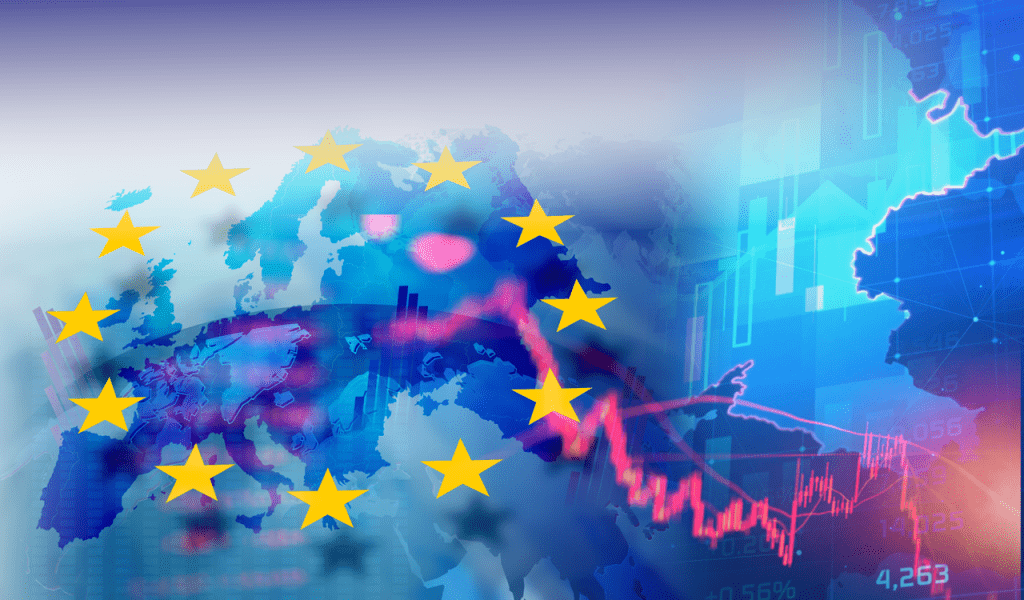
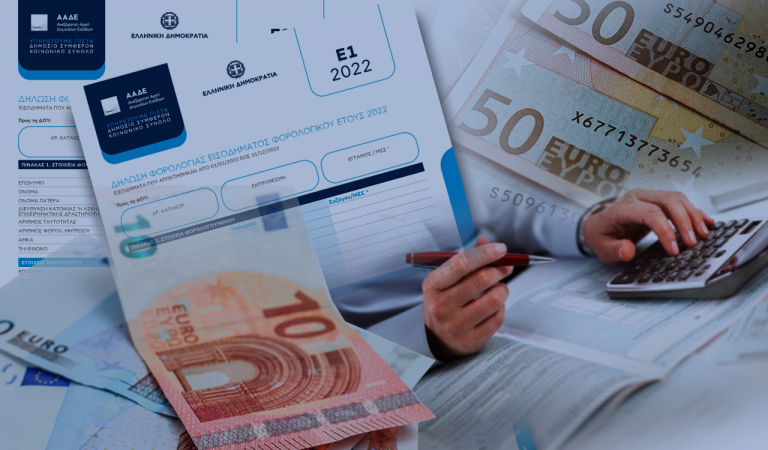







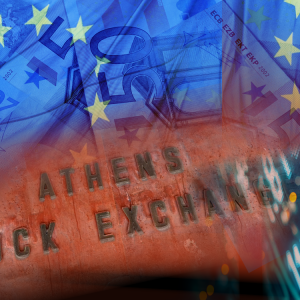
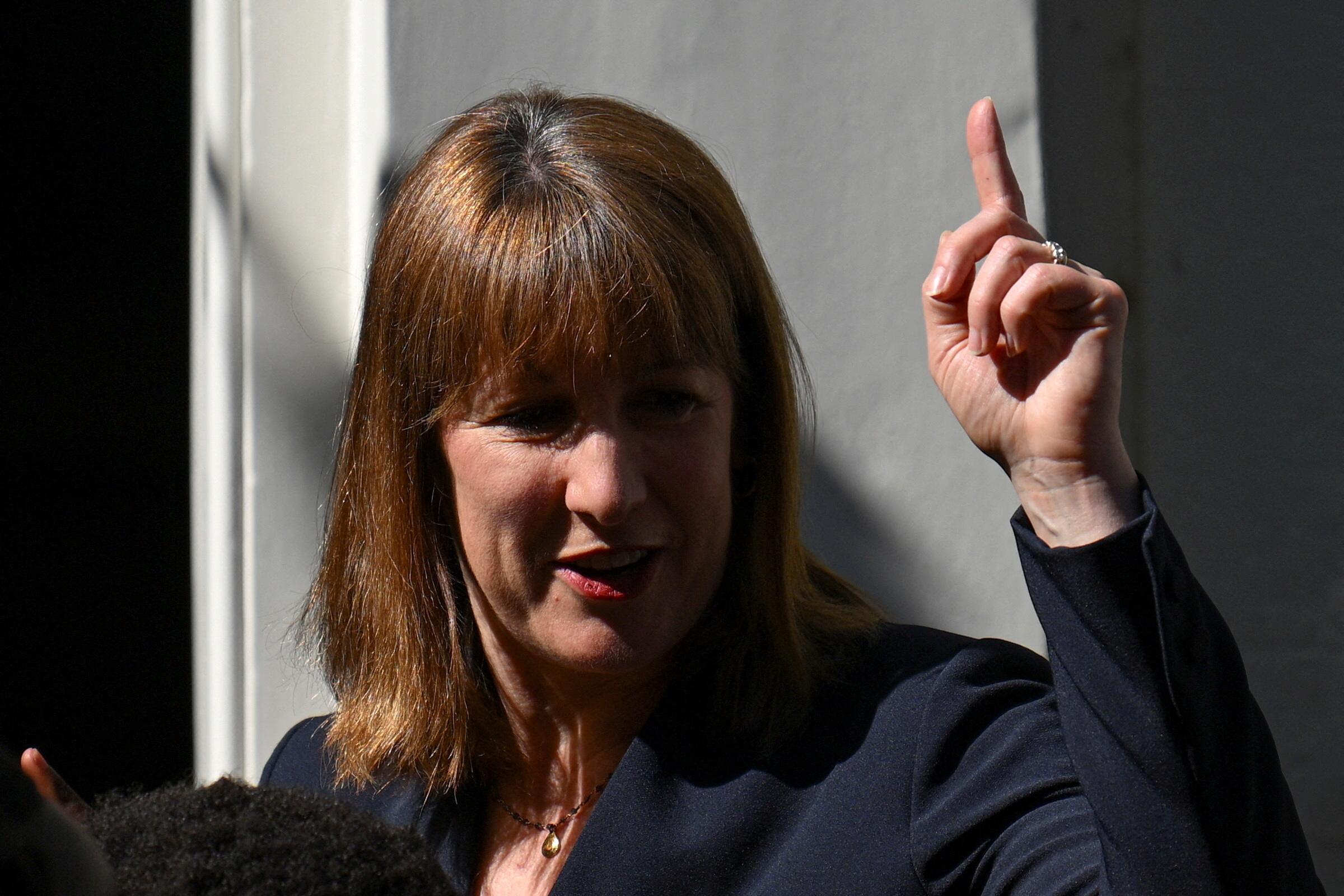

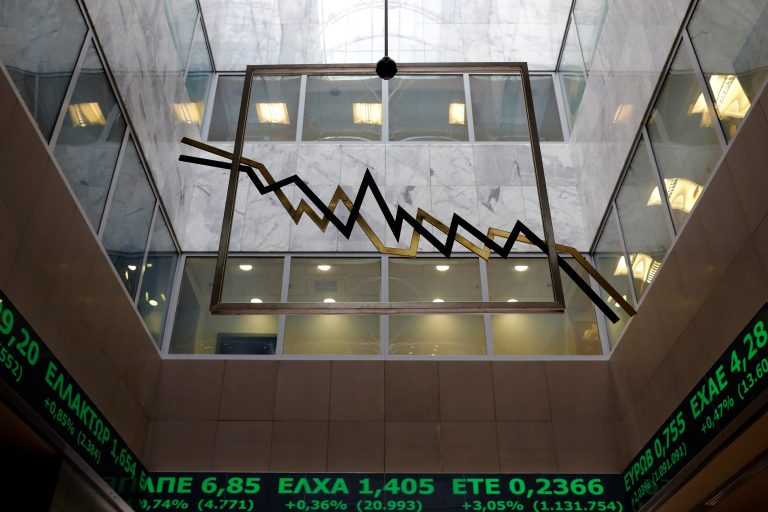
![Εξοχικές κατοικίες: Πόσο κοστίζει το τ.μ. σε Μύκονο, Σαντορίνη και Πάρο [γραφήματα]](https://www.ot.gr/wp-content/uploads/2025/07/14_07_ot_exoxika_EXO.png)

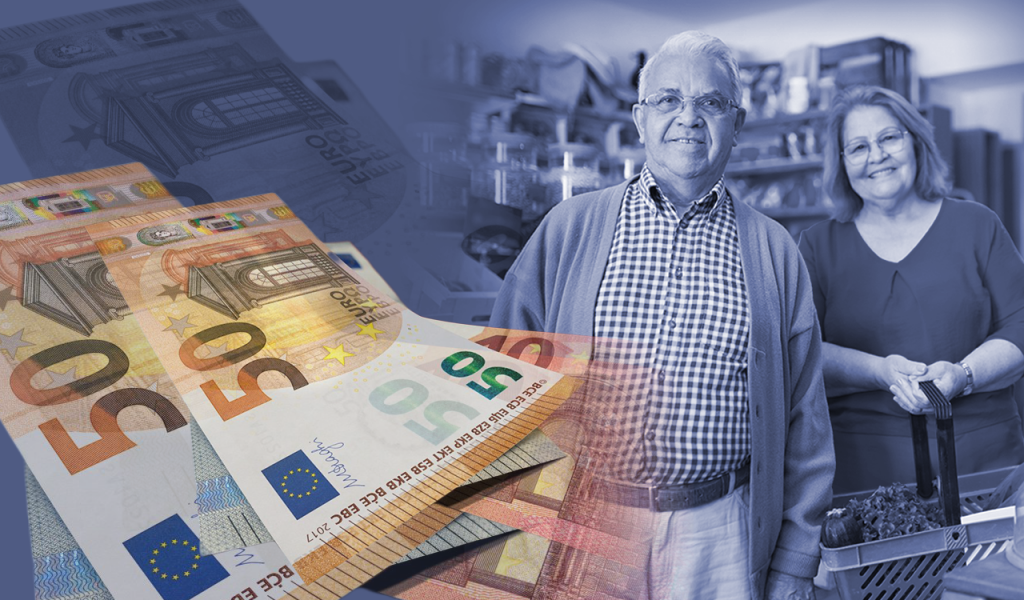




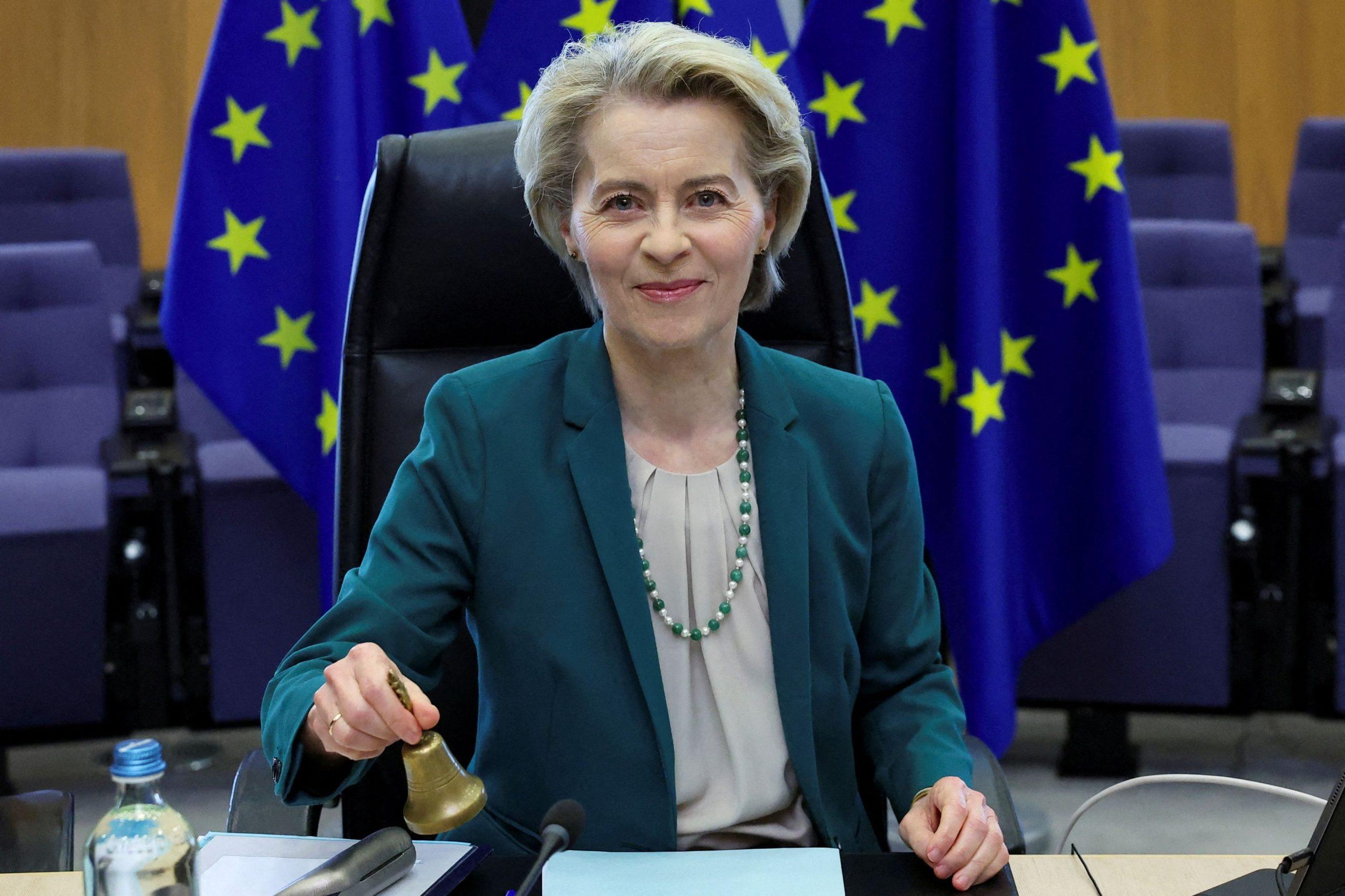
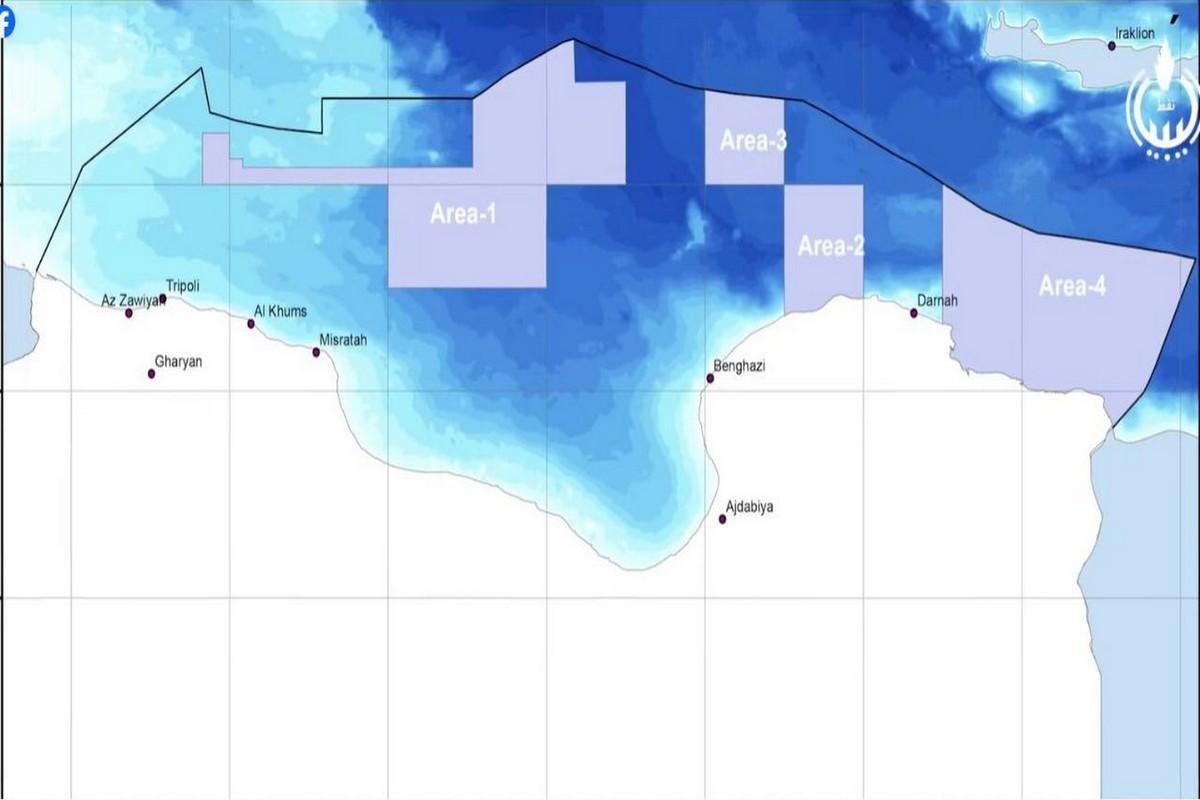

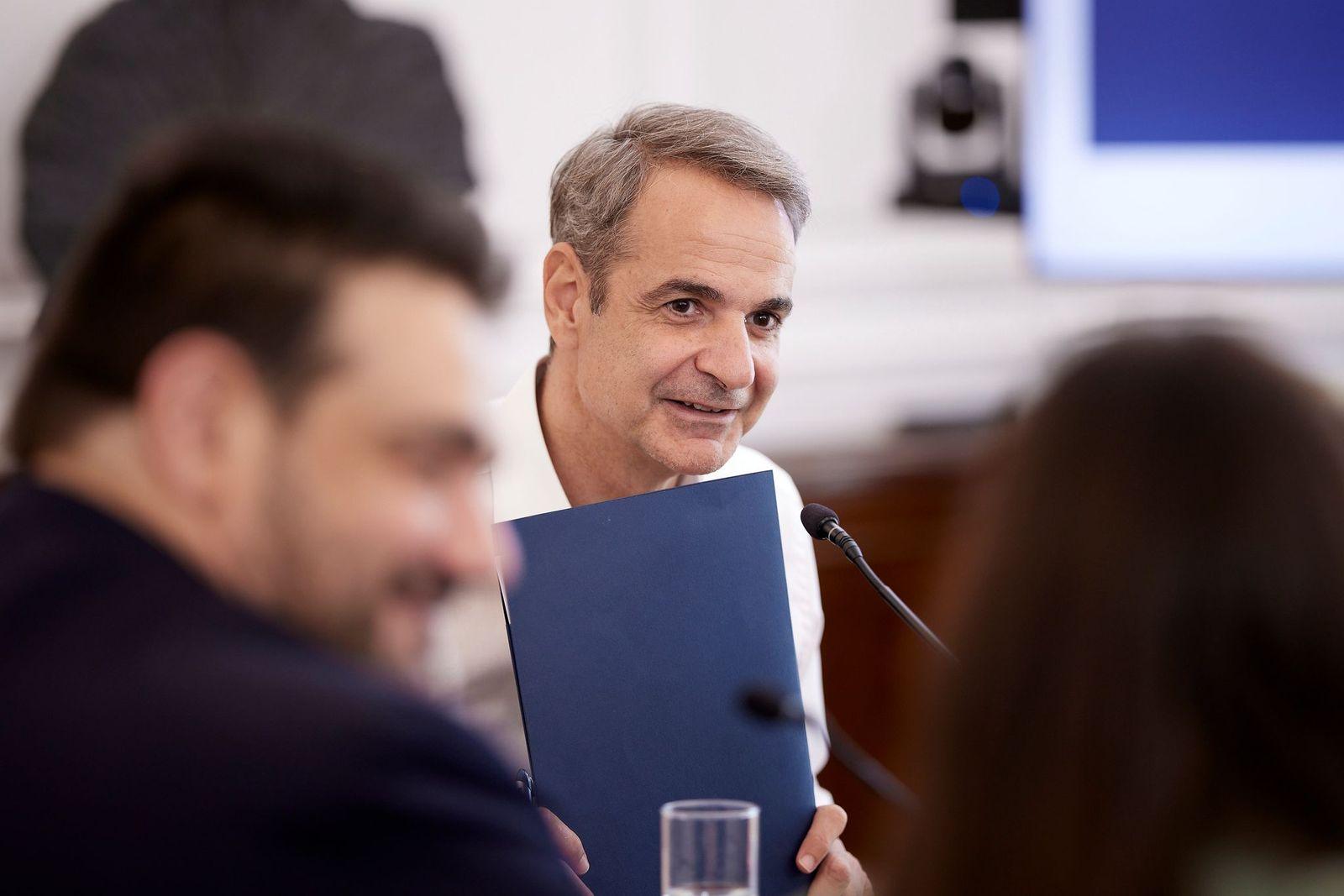
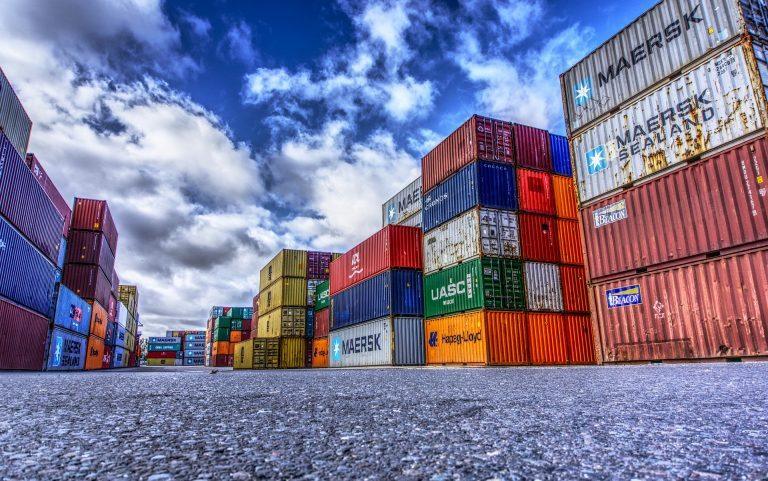
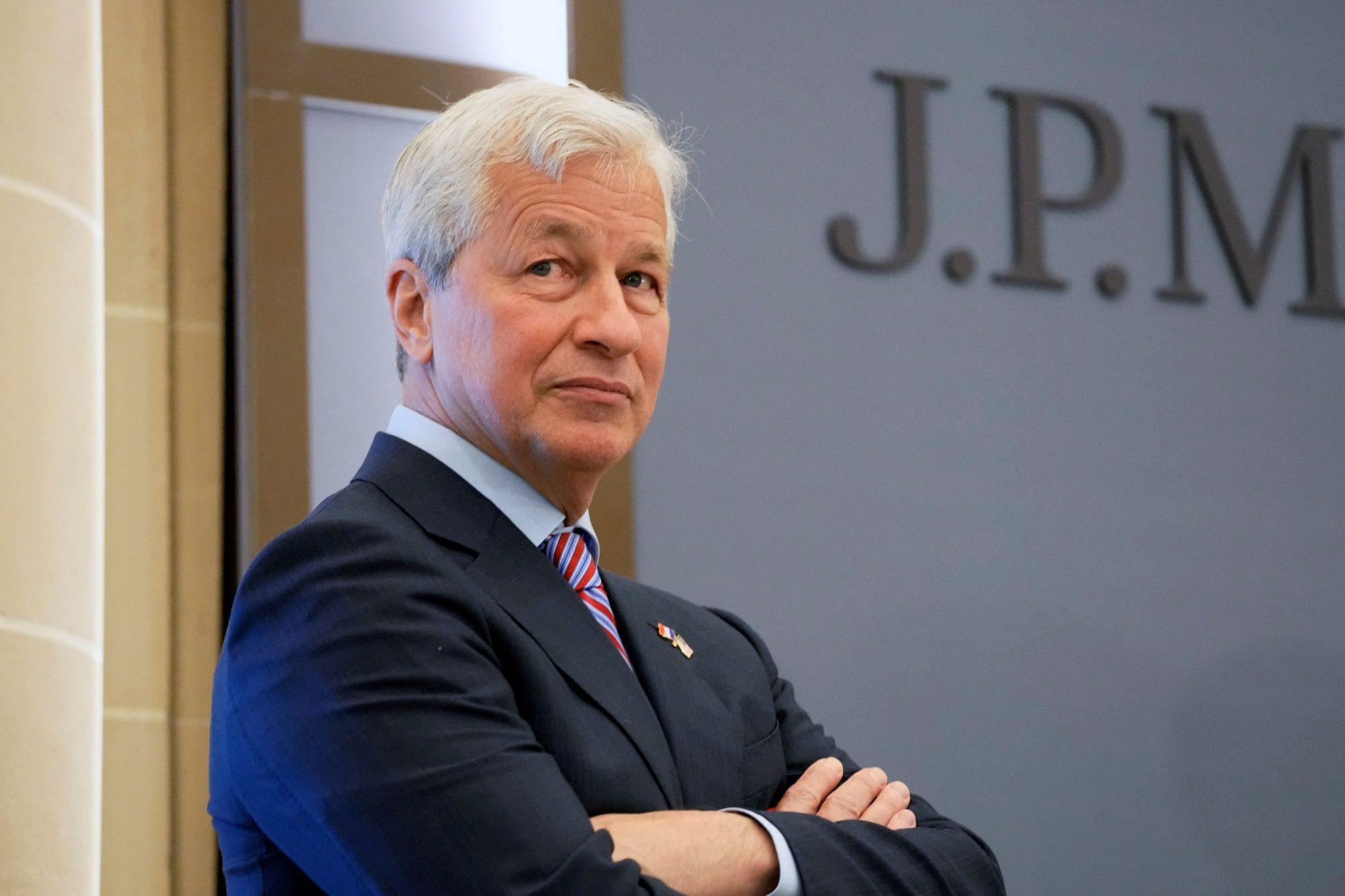
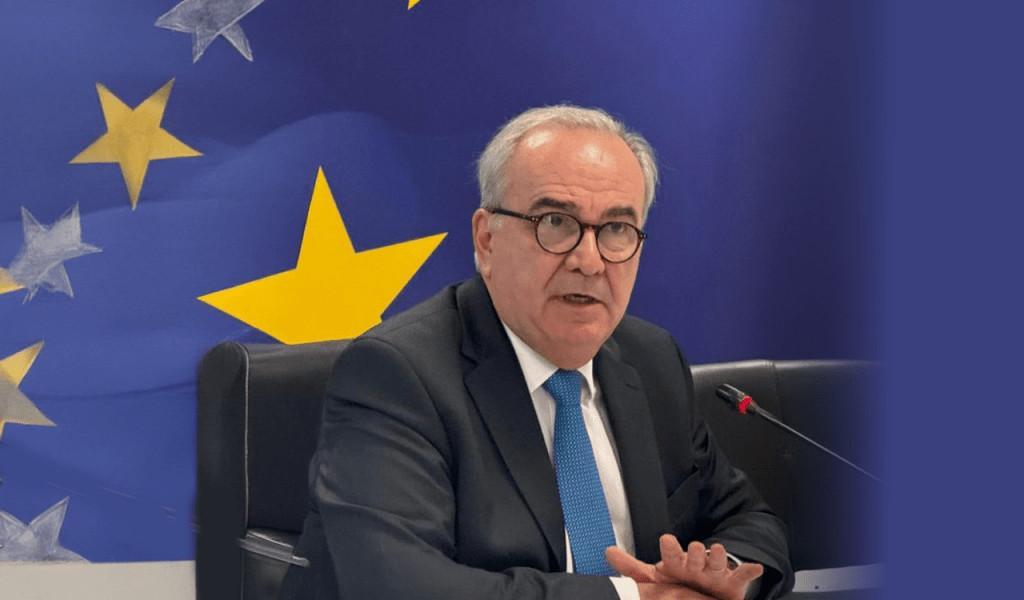



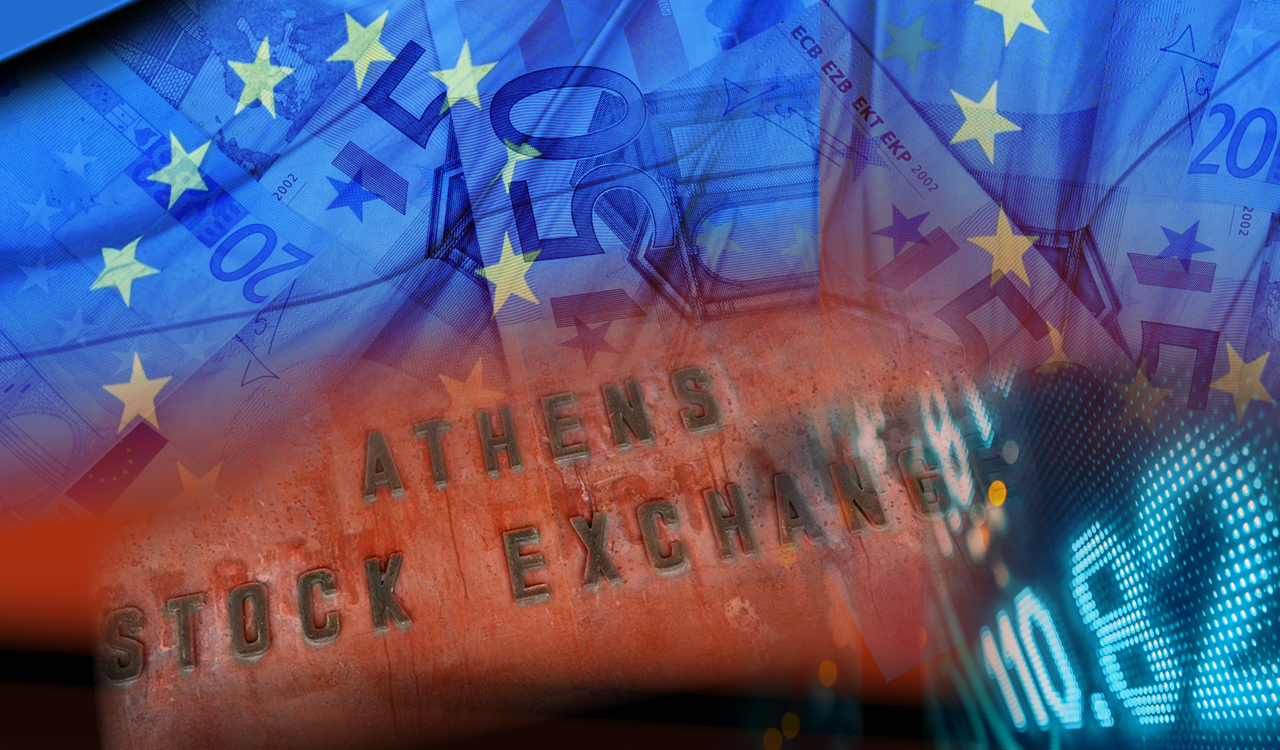


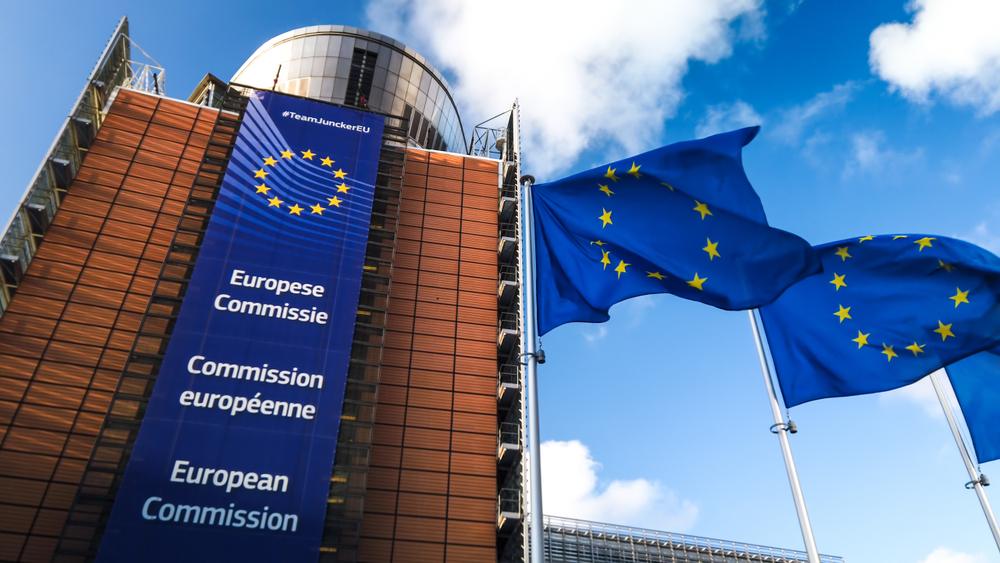
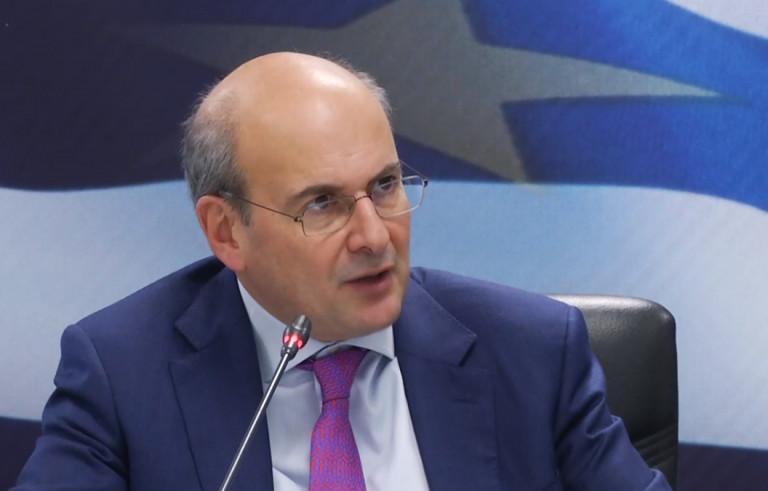
![ΕΛΣΤΑΤ: Ξεπέρασε τα 33 δισ. ευρώ ο τζίρος των επιχειρήσεων τον Μάιο – Άνοδος 5,4% [γράφημα]](https://www.ot.gr/wp-content/uploads/2025/07/epixr-1.jpg)
